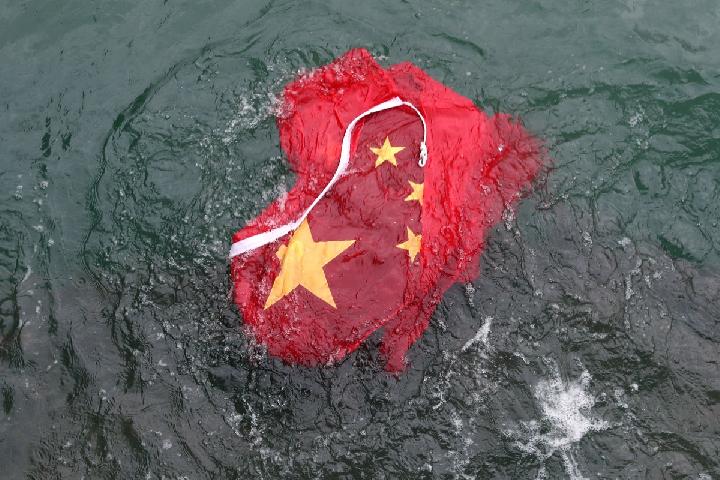Stay Away from Politics, They Say
Translator
Editor
10 February 2024 11:34 WIB

By: Purwanto Setiadi, freelance journalist
The fact that some people keep berating nongovernmental organizations for raising issues within their area of interest based on a policy point of view always baffles me. “Why are you talking about politics? Why don’t you just keep focusing on your main issue? Stay away from politics!” they say, as we can read it on almost every organization’s social media posts.
Such behavior seems on the rise as of late when nongovernmental organizations are escalating efforts to erect awareness among voters of the issues at stake as voting day in the upcoming presidential election is on the horizon. These intense efforts can be observed on social media accounts of various contents--encompassing everything from human rights, inequality, democracy, as well as climate and environmental issues--posted continuously.
It is too obvious that we desperately need improved civic education, better yet political education. What those people do exposes the lack of knowledge as to why issues the organizations fight for intrinsically carry a political dimension. It means that to be able to tackle most of those issues the rolling out of policy oftentimes is a must. This is where politics enters the picture.
Policy can be defined as a law, regulation, procedure, administrative action, incentive, or voluntary practice of governments and other institutions. Most of the time policy is made in a series of stages--usually consisting of agenda setting, policy formulation, policy selection, implementation, and evaluation. It is not a linear process. Regardless of which stage the process has to go through, stakeholders' involvement cannot be skipped. At the center of the process is decision-making by the political leadership in government.
The word “political” is not only used to point to the power to influence or command thought, opinion, or behavior held by the leadership in government, but also to assert that the process exactly falls under the domain of politics. Unlike practical politics, which is concerned with achieving and using power, and almost always involves political intrigue, scheming, or action requiring dishonorable or dishonest dealings, the politics of decision-making shouldn’t be considered of the same characteristic as long as it is transparent and participatory.
Nongovernmental organizations play a role as participants in the process. This can be performed either through formal or informal procedures. Every so often they just have to be an outsider. In a country where democracy still suffers fragility, especially because there are still weaknesses concerning institutions, rule of law, and public participation, being an outsider is almost always the only way available. It means advocating for a policy, say a change of direction the country is heading, can be done from the outside at best.
What is possible from the outside are activities that can best be categorized as campaigning, educating, and empowering--although at times advocating isn’t entirely unlikely. In order to achieve the objectives of each category the ability to criticize whatever is wrong regarding any policy is among the fundamental capacities of everyone who works at nongovernmental organizations. It has to be acquired as well as taught. In the digital era, the use of social media in the implementation of all of the activities is far from negligible.
Over the years, that is basically what many nongovernmental organizations do in the democratic process in this country. It’s their “traditional” part. This is the thing that people who mock or even lace into it need to really have a good grasp of. Unfortunately, if all else is unchanged, I could only wish they were willing to open their minds like a parachute.
*) DISCLAIMER
Articles published in the “Your Views & Stories” section of en.tempo.co website are personal opinions written by third parties, and cannot be related or attributed to en.tempo.co’s official stance.























